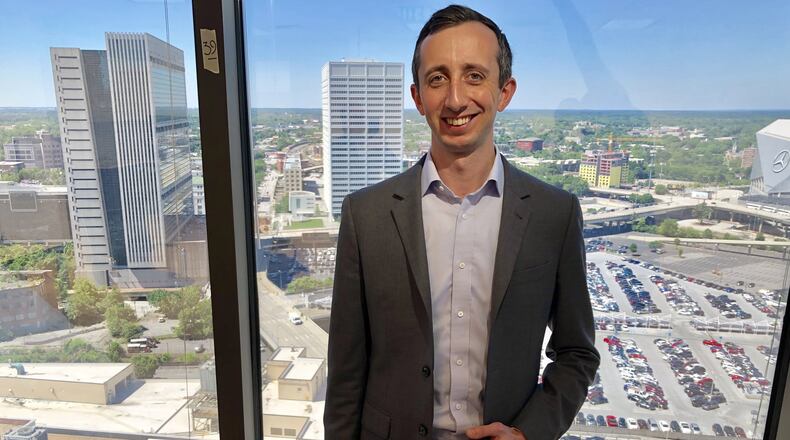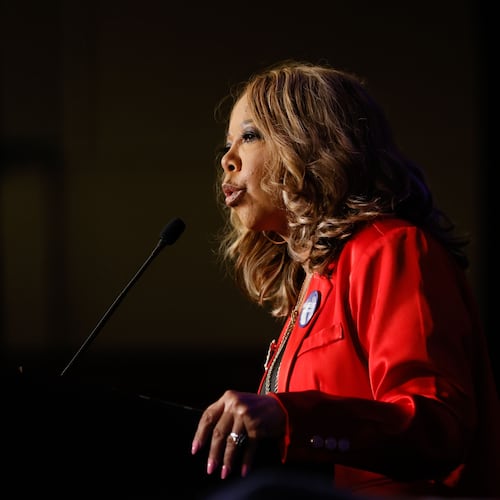The development of downtown Atlanta’s Gulch passed a major hurdle on Monday when the state Supreme Court said sales taxes can be used to repay up to $1.25 billion in bonds to finance the project.
The city of Atlanta and CIM Group, a private developer based in Los Angeles, want to issue Enterprise Zone bonds to finance construction of offices, hotels and retail in the Gulch, a huge expanse of parking lots and railroad lines between Mercedes-Benz Stadium and the Five Points MARTA station. Enterprise Zone bonds are based on future sales tax collections.
Redlight the Gulch, a citizen group that opposes the plan, argued it’s illegal to redirect money from schools, law enforcement and other government functions for a private developer. The group appealed a Fulton County Superior Court judge’s decision last year to validate the bonds.
Nothing about the bonds’ structure is illegal, Justice Harold Melton wrote in the court’s opinion.
“While not all Atlantans … share the city’s vision for the Gulch, that does not mean that the project is illegal,” Melton wrote.
Since the plan will provide a public subsidy to a private developer, “the Supreme Court affirmatively knows this transaction is unconstitutional,” Redlight the Gulch said in a statement. “This … clearly represents a level of judicial activism never seen before in this state.”
Redlight the Gulch has no remaining legal options to challenge the sales tax bonds, said Julian Bene, a group leader. About 150 city residents contributed money to pay the group’s legal fees.
Mayor Keisha Lance Bottoms and CIM Group declined to comment.
Under the plan, 4 cents of every 8.9 cents in sales tax collected in the Gulch — up to $1 billion — will shift from the state budget to the development, Bene said. That money would otherwise be used for schools, roads and other state functions.
Another penny from sales tax — up to $125 million — will be redirected from the city’s general fund. The remaining 3.9 cents will continue to be used for water and sewer, MARTA and other programs.
In addition to Enterprise Zone bonds, the city wants to issue up to $40 million backed by future property taxes to finance the Gulch project. Redlight the Gulch has also challenged those bonds. The Supreme Court on Monday transferred two related cases to the state Court of Appeals.
About the Author
Keep Reading
The Latest
Featured




